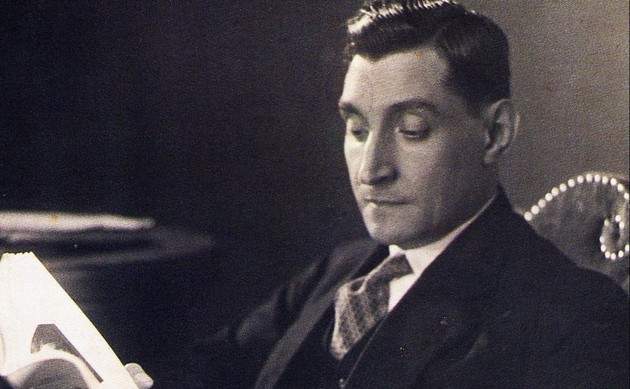There has been a great deal of controversy in Portugal around the possible establishment of a museum centered on the figure of António de Oliveira Salazar, who was dictator of the Lusitanian country between 1932 and 1968.The regime, the longest in recent European history, was established in 1926 in a coup d’état that brought down the first republic and brought the military Manuel Gomes da Costa and António Óscar Carmona to power. Salazar, an economist, was first finance minister in the military dictatorship, then, upon becoming prime minister, initiated the period of the regime known as Estado Novo, an authoritarian one-party dictatorship that lasted until 1974, when the Carnation Revolution ended the regime and restored democracy. During the Estado Novo years, violence was used systematically and Portugal was continually rocked by political crimes.
The plan to build a museum on Salazar was announced last month by Leonel Gouveia, mayor of Santa Comba Dão, a town of twelve thousand inhabitants that gave birth to the dictator in 1889. This Wednesday, however, even came the Portuguese Parliament’s vote on a motion expressing strong condemnation of the project.The motion comes after strong protests were raised, especially by former political prisoners of the regime and anti-fascist activists. The motion, promoted by the left wing of Parliament and approved by a majority vote (in Portugal the majority is center-left: during the vote the center-right oppositions abstained), states that the museum would be “an offense to the memory of the victims of the dictatorship” and an “outrage to democracy.”
The municipality of Santa Comba Dão (Mayor Gouveia is a local member of the Socialist Party of Portugal, the same one that is in government and the same one that voted against the museum project) of course lets it be known that the museum, which would be called “Centro Interpretativo do Estado Novo,” is not intended to celebrate the figure of Salazar and would only be a history museum, but the opponents fear that the facility could become a destination for nostalgic people, not least because, moreover, the subject of fascism in Portugal is very much in the news, given that it is only forty-five years since the end of the regime. A petition addressed to the prime minister of Portugal, Socialist António Costa, has also been proposed against the museum, and at the moment it has reached more than 17.000 signatures: the signatories, the text reads, “aware of what the dictatorship of the Estado Novo was, manifest, in their own name and in memory of the thousands of victims of the regime of which Salazar was the main culprit, the most vehement rejection against the construction of the Salazar museum, recently announced by the mayor of Santa Comba Dão.”
Earlier, last August 12, 204 former political prisoners of the regime had written a letter to Council President Costa himself, expressing their strong condemnation of the project. “This project,” the former political prisoners wrote, “far from trying to enlighten the population and especially the younger generations about what the fascist regime was, it is prefigured as a tool in the service of revisionism and as a pilgrimage destination of the regime overthrown on April 25” [ed. note: the Carnation Revolution broke out on April 25, 1974]. “When in many countries,” the letter continues, “there is a resurgence of fascist or fascist-inspired forces, our country needs not instruments of propaganda of fascism (which the Constitution of the Republic expressly prohibits), but means of democratic pedagogy that do not let the crimes of Salazarist fascism be forgotten and preserve the memory of its victims.”
Pictured: António de Oliveira Salazar in 1940
 |
| In Portugal they want to build a museum on dictator Salazar. Strong protests even reach Parliament |
Warning: the translation into English of the original Italian article was created using automatic tools. We undertake to review all articles, but we do not guarantee the total absence of inaccuracies in the translation due to the program. You can find the original by clicking on the ITA button. If you find any mistake,please contact us.